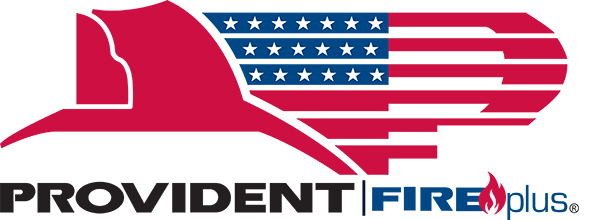
In this next installment on our series about identifying and managing firefighter risks, we’re going to explore how to control the risks once they have been brought to light. In addition to protecting your clients with a Firefighter General Liability policy, share the following information with them regarding the process of controlling their exposures.
Prioritizing the risks that need immediate attention is the first step, as we discussed in our previous blog. Preliminary steps are required to get the ball rolling, but is no corrective actions are taken to reduce the future of this risk, the effort is moot.
Altering a task.
Modifying a task so that it’s less risky is an easy alternative to implement. However, with changes, there needs to be adequate time to adjust and ensure everyone is on board and able to implement the new alternatives.
Suspending.
Suspending means delaying actions until safety concerns are addressed. For example, if the one team operating a hoseline on the fire floor is having difficulty containing the fire, no company should be allowed to proceed to the floor above. Suspend firefighters’ movement to the floor above until the fire is controlled. Only then should the company be allowed to proceed to the floor above, suggests Fire Engineering.
Terminating.
Terminating an operation is a last resort and is done only if a significant life hazard is involved. Termination requires ending all actions in the operation completely. For example, terminate an operation if fire has extended behind the firefighters and they must be removed immediately from the fire area. These members terminate any tasks they were performing; all efforts should now focus on safely removing them from the untenable area, clarifies the article.
About Provident Fire Plus
At Provident Fire Plus, we understand the risks that volunteer firefighting departments face on a regular basis. Our unique underwriting goes beyond what is typically included in insurance policies, extending coverage to commercial autos, line of duty protection, damage to third party property, and more. For more information about our comprehensive policies and how we can work for your clients, contact us today at (855) 201-8880.

